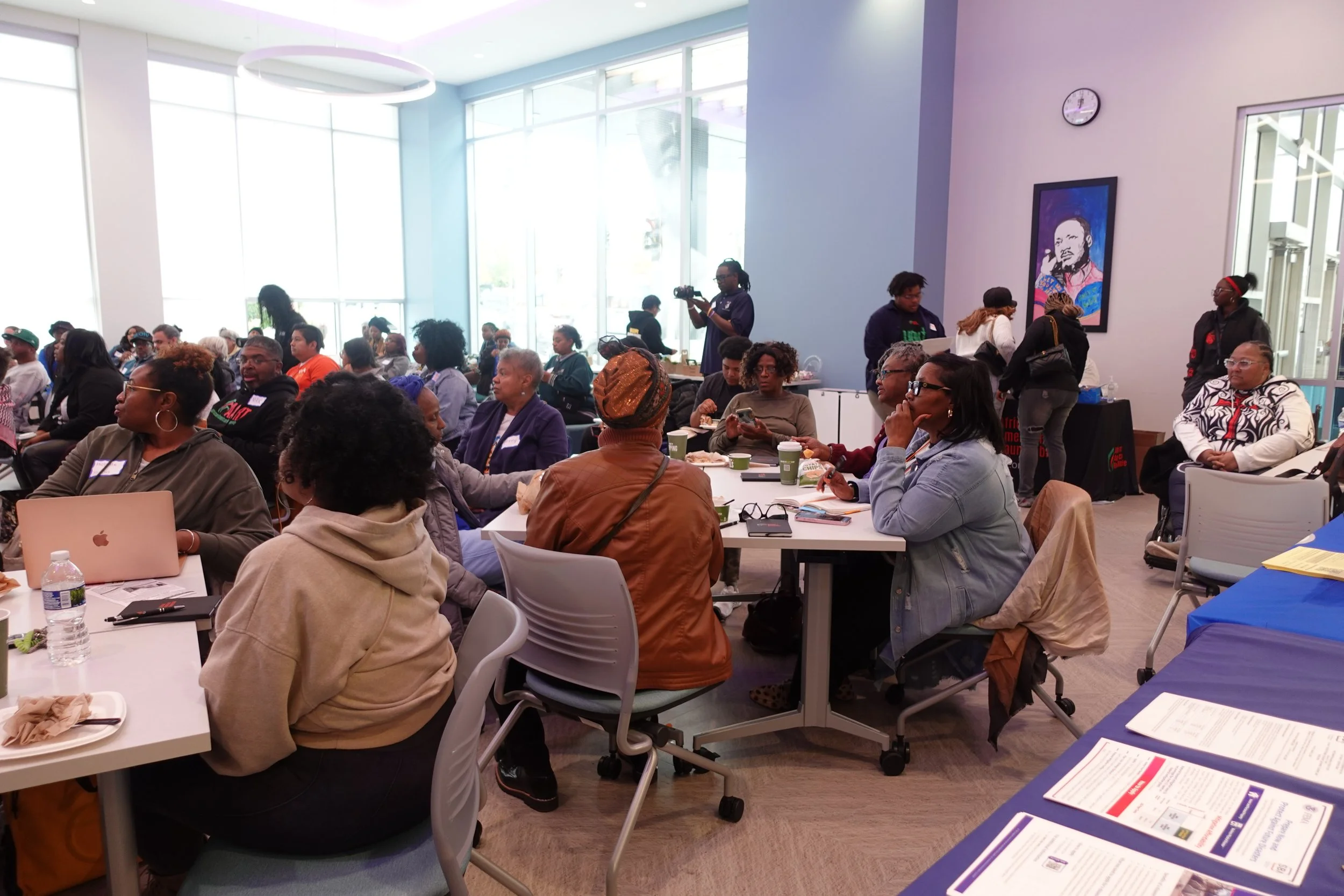Thoughts on the participatory budgeting program coming to Milwaukee
By Devin Anderson
First, let me level set where we are in Milwaukee. The Milwaukee Common Council allocated $600,000 to the Community Impact Fund for the participatory budgeting (PB) process, which will enable residents to propose and fund community safety projects. Currently, we are waiting for the Common Council to select the steering committee, which will create the rules and guidelines for the process. After that is complete, there is an ideas collection phase where residents can submit proposals. After the proposals are vetted, they are placed on a ballot and residents can vote.
Last month, I went to a conference with the Participatory Budgeting Project and organizers from across the country, where we talked about PB and participatory democracy. Here are two major takeaways and how they relate to the $600,000 Milwaukee has allocated for PB.
Participatory budgeting is the floor, not the ceiling. Celine Su writes in her book Budget Justice that budget justice is “public budgets that give historically marginalized communities resources to address their needs… Direct democracy must engage everyday constituents, rather than elected representatives, in a range of decision-making conversations and actions about collective needs.” This is something that participatory budgeting does well. It allows everyday people the opportunity to engage in how a specific portion of city dollars are spent. PB done well engages people who are often not involved in civic life. However, the limitation of PB is that, first, it’s such a limited pot of money compared to the overall city’s budget. Here in Milwaukee there is $600,000 allocated for PB when the overall city budget will top $2 billion this year. That is .0003% of the budget. In Boston, there was a ballot measure establishing PB that received 68% of the vote but still less than .005% of their budget goes to PB. PB needs to be expanded at scale for it to reach its full potential.
PB is an opportunity for creativity. Participatory budgeting allows residents to think of creative projects and initiatives that can positively impact their community. It is an opportunity to think outside the box of traditional city programs and expectations. It should be an opportunity for creativity for residents to dream of what their neighborhood needs. In Milwaukee, the MKE Community Impact Fund will finance projects that address community safety. Currently, the Milwaukee Police Department receives over $300 million each year, and safety is still the number one concern for many residents. This $600,000 is an opportunity for the community to think creatively about ways we can address safety in our neighborhoods without police. Boston funded one-time grants to nonprofits that support young people who are formerly or currently incarcerated by providing them with mentorship and job training.
This $600,000 PB has the potential to support several important community safety initiatives in Milwaukee, but it cannot be the end. There is too much work that needs to be done. So we need to leverage this process to pressure the city to continue and expand PB in Milwaukee, because it's our money, and we deserve a vote.
Devin Anderson serves as AART’s Campaign and Membership Director.

